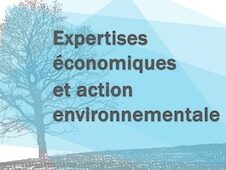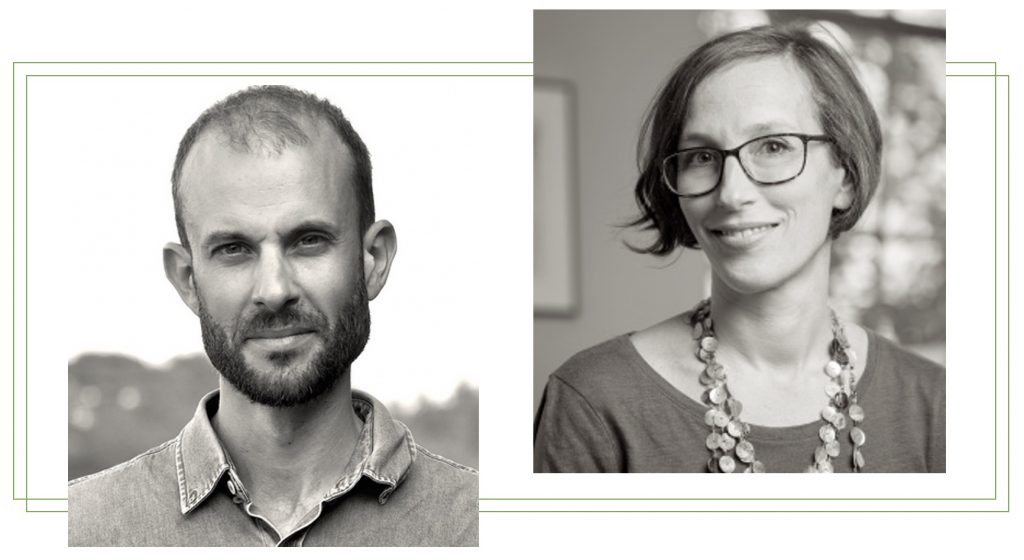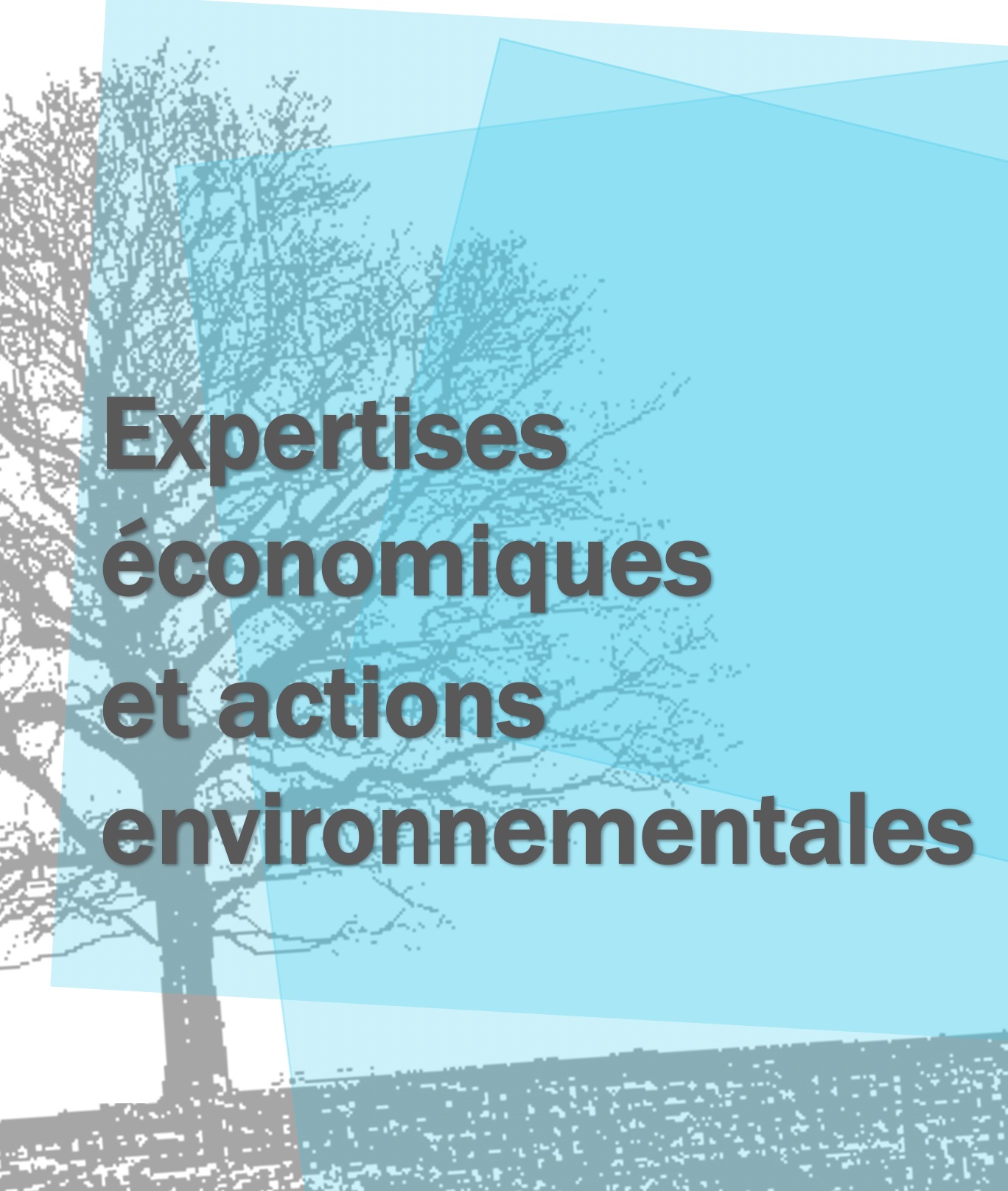
- This event has passed.

The seminar “Economic expertise and environmental actions” and the Centre Alexandre Koyré (CAK) welcome
Ian Gray
Postdoctoral Researcher at Columbia University’s Climate School
and Leigh Johnson
Associate Professor, Environmental Studies, Geography, College of Arts and Sciences, University of Oregon
Adaptation to climate change
How do the impacts of climat change transform the economy? Co-organised with Sara Angeli Aguiton (Centre Alexandre Koyré – CAK), this session will investigate the forms of knowledge, labour, and human-nature relations that emerge in the face of the imperative of adaptation to climate change.
Ian Gray (Columbia University’s Climate School) (en visioconférence)
Cultures of Anticipation: Material practices, public authority, and governing water scarcity in the Southwest of France
As climate change begins to alter local ecosystems around the globe, communities and businesses who depend on these ecosystems find themselves renegotiating how climate-compromised natural resources should be protected and distributed, to whom, and at what cost. The Garonne River, in southwestern France, is an example of one such site of renegotiation. Following a state-run participatory planning exercise in 2010-2012, regional stakeholder groups are largely in agreement that climate change seriously challenges current modes of water use. They are not in agreement, however, about what should be done about this. Based on extensive ethnographic fieldwork, this paper uses this example of stakeholder-led adaptation to probe larger questions of what adaptation means in the context of divergent and competing human relationships to the natural world. I pay particular attention to how irrigation-intensive farmers come to articulate the problem of climate change in light of their economic dependencies on water, and develop a set of “anticipatory practices” designed to address moments of increasing water scarcity. Besides anticipating increasing resource constraints, this culture of anticipation, also anticipates political opposition against ongoing modes of export-oriented industrial agricultural by suggesting that farmers are “doing their part” by enhancing more efficient water use. Merging concerns from economic sociology about the regulation of common pool goods with an STS approach to cultures of knowledge, this paper contributes to enlarging understandings of how socio-material practices of adaptation cannot evenly distribute future climate impacts, because actors, even within the same territory, are unevenly affected by these impacts
Leigh Johnson (College of Arts and Sciences, University of Oregon)
Justice and the invisible labor of climate adaptation
Though the politics and burdens of climate change adaptation feature prominently in debates about climate justice, scholars have rarely conceptualized adaptation as work conducted by laboring people. Yet contemporary adaptation programming hinges upon the deployment of a remarkable amount of labor, much of it unpaid, underpaid, or unfree. This talk interrogates the invisibility of this labor force, reading across an archive of adaptation projects funded by multilateral aid agencies in the last decade. Participants manually labor on a wide variety of landscape-level projects of ecological repair and care, performing activities from building irrigation channels, to planting mangrove forests, to invasive species removal, to managing community grazing reserves. I excavate the discursive premises that obscure and devalue participants’ labor: aid as gift; participants’ time as unproductive or surplus; volunteerism as evidence of deservingness; and nature as adaptive agent. From these premises flow problematic assumptions of benefit, participation, contribution, and stewardship, with enormous material consequences for how and by whom labor is performed. In recognition of the structural relation between paid and unpaid work, the gendering of unwaged socioecological reproductive care work, and the legacy of historical ecological debt, I propose a reframing of climate adaptation labor as essential work. This requires jettisoning inherited notions of “donors”, “beneficiaries”, and “aid” itself, reconceptualizing adaptation labor as an opportunity for redistribution and collective world-making

Ian Gray is a Postdoctoral Researcher at Columbia University’s Climate School. He studies the different ways that communities, organizations, and governments are adapting to climate change. He is particularly interested in political dynamics that emerge as experts in different economic and administrative domains bring knowledge about future climate risks into present day decision-making, and how subsequent policies and practices shape the social distribution of climate impacts. In his current book project, Making Climate Knowledge Actionable: Adaptation and the Politics of Protection on a Warming Planet, he analyzes the interaction of expert credibility, economic imperatives, regulatory capacity, and social contestation, in the construction of adaptive practices.
Leigh Johnson is Associate Professor, Environmental Studies, Geography, College of Arts and Sciences, University of Oregon. She is a human geographer focusing on the intersection of disaster and climate risk, vulnerability, finance, and labor. She investigates how different configurations of public and private sector actors and financing arrangements influence livelihoods, vulnerability, and wellbeing. A second element of her research program focuses on climate change “adaptation labor”: the (often under/unpaid and undervalued) work of modifying and repairing socioecological systems to bear the brunt of climatic changes. She is interested in how this labor is organized, valued, distributed, and governed across global development institutions and NGO actors. A related project centers on understanding the growth and labor sourcing dynamics of crowdfunding platforms for ecological restoration. A third focus is on carceral forest firefighting labor in the U.S. West, exploring how Western states are mobilizing incarcerated labor for fire suppression amidst unprecedented fire regimes and labor shortages.
Information and registration

Date: Friday, May 17, 2024, 3mp-5pm
Venue: Mines Paris-PSL, 60 boulevard Saint Michel, 75006 Paris. Room L313
The session will also be streamed by videoconference. The link will be sent upon registration just before the seminar.
The seminar is held in English.
The seminar is open to all. Please register here to participate in this session.
Contact: Béatrice Cointe, Kewan Mertens or Alexandre Violle
Find out more about the program
Photo sources: Ian Gray; Leigh Johnson, College of Arts and Sciences, University of Oregon.







